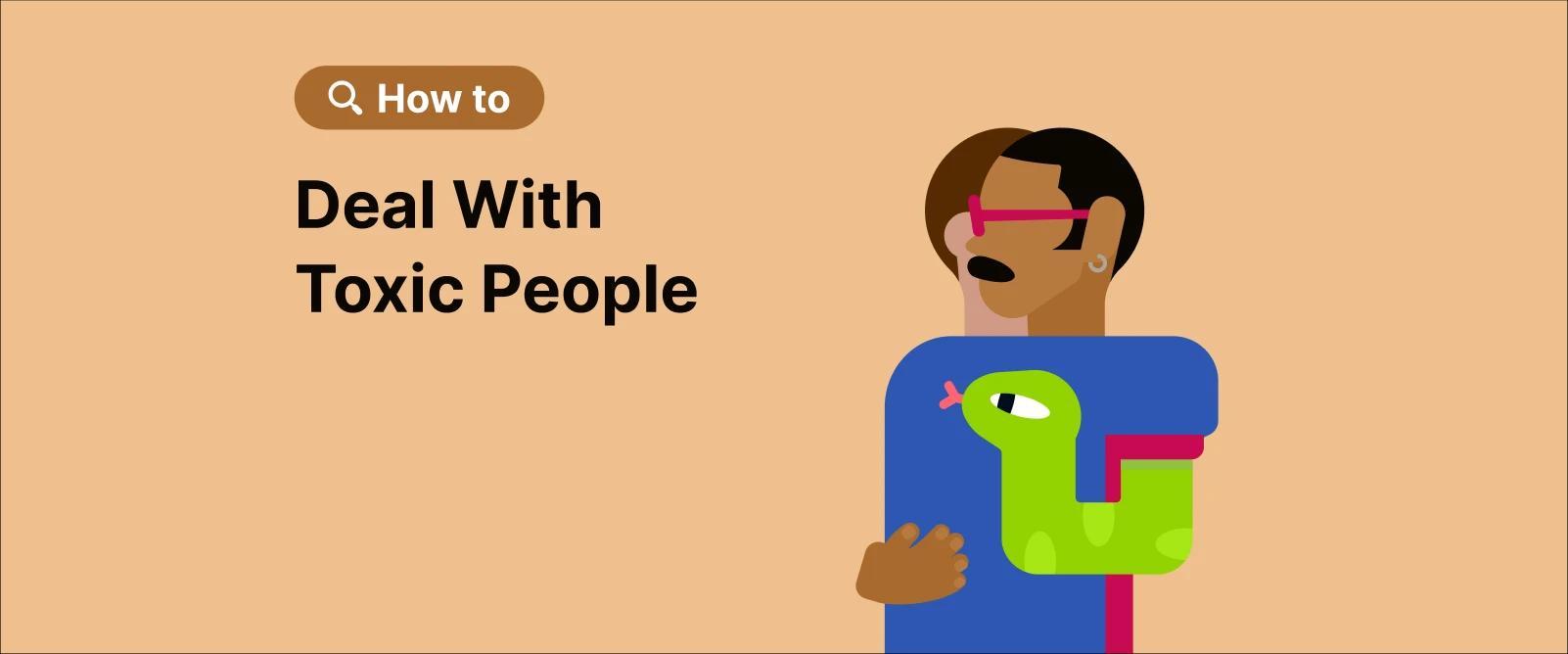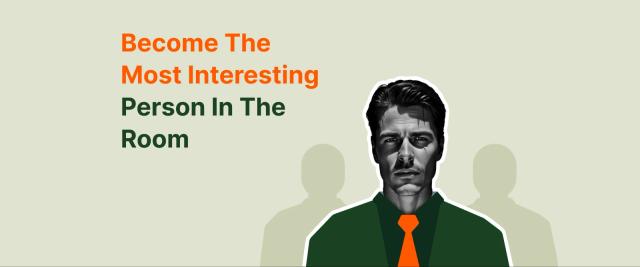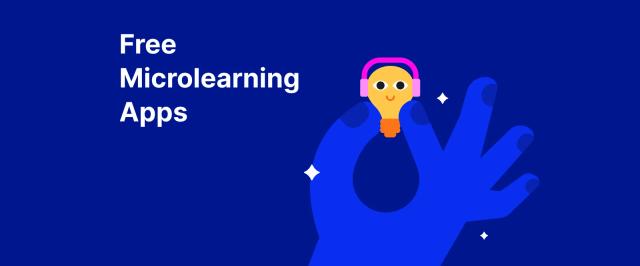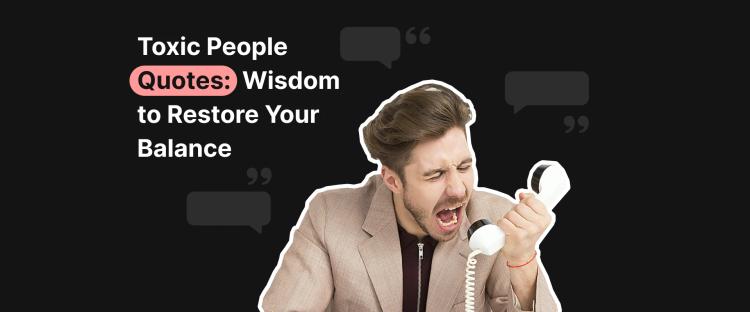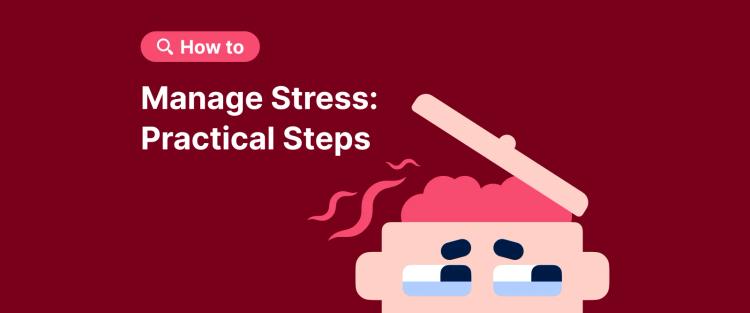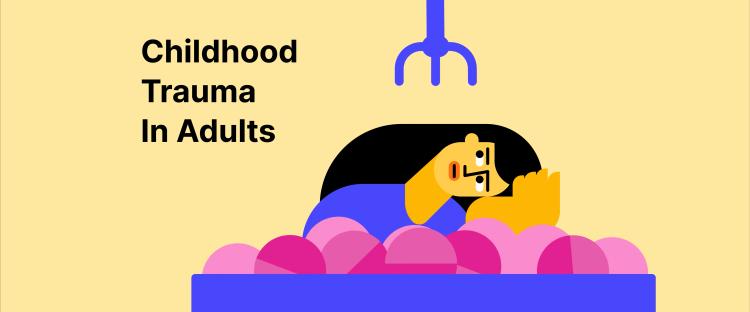Unfortunately, toxic people don't wear warning signs. It's more like a game of emotional hide-and-seek with them. The rules? You spend time with them, and when you notice your mental health, motivation, sparkle, and self-worth start to drain, you shout, "TOXIC!" The prize? You get to spend valuable time rebuilding your confidence while they walk off into the sunset…ready to play with some other poor, unsuspecting soul.
Don't worry — I've played the game more times than I'd like to admit. The good news is that I've learned how to spot a toxic person sooner, limit the damage, and bounce back faster. Now, I'm here to help you do the same.
I'm Sinéad Kennedy, a Mental Health and Wellness Coach and Addiction Coach based in Dublin, Ireland. More importantly, red flag spotting is my favorite pastime. Like many of you, I learned the hard way — through drama, tears, and a lot of frustration.
In this article, I will walk you through research-backed strategies for dealing with toxic people, recommend transformative reads that fast-track healing, and share practical tools that helped me and countless others reclaim peace.
Download the Headway app to explore quick, 15-minute summaries of top wellness and self-help books — your shortcut to spotting toxicity early and protecting your inner calm.
Quick summary: How to deal with toxic people
Recognize toxic patterns (e.g., manipulation, gaslighting)
Set and maintain strong emotional boundaries
Limit or eliminate contact when possible
Communicate assertively without over-explaining
Reclaim your emotional energy through self-care and support
5 proven strategies to deal with toxic people
Before we dive into these steps, it's worth mentioning a resource that helped me reframe everything early on: 'Happiness Is the Way' by Dr. Wayne Dyer. His wisdom reminds us that reclaiming peace isn't about fixing others — it's about choosing clarity, joy, and emotional freedom. But let's look at five strategies I highly recommend when dealing with toxic people in greater detail.
1. Recognize the red flags early
Toxic people often show a pattern of behaviors designed to control or destabilize others. A good way to think of this is that being around them feels like you are getting lots of little jellyfish stings. They irritate and cause you discomfort, but you "tolerate them." Look out for chronic criticism, manipulation, passive-aggressiveness, gaslighting, or emotional blackmail.
"In the past, I used to make excuses for their behavior by putting it on myself. I never felt good enough and was allowing myself to be suppressed by others. In fact, when I finally came to "my senses," I realized that they were trying to dim my light and hold me back in life because they didn't have the courage to live a life out of the ordinary while I did. Patterns aren't accidents; what we allow in our life (good or bad), we will receive more of."
If you're dealing with lingering pain from childhood or toxic family dynamics, 'Toxic Parents' by Dr. Susan Forward can help you connect the dots.
This groundbreaking book shows how emotional wounds from the past shape our adult relationships and offers a clear path to break free.
Research from Healthline and Charlie Health confirms that early recognition is key to protecting your mental health. Awareness is the first step to reclaiming your power.
2. How to deal with toxic people at work
Workplace toxicity can be subtle — micromanagement, gossip, exclusion, credit-stealing. The antidote? Speak up for yourself. When someone takes your credit, politely highlight that you, in fact, were the source of the credit. Quash gossip and have integrity towards others. Rise above their behavior and show your workplace your values and worth. Set clear boundaries by minimizing unnecessary interactions. Document conversations and keep a file of digital interactions.
According to the American Psychological Association, workplace toxicity is a leading contributor to chronic stress and burnout.
Never suffer in silence. Seek peer help, advocate for yourself, and when necessary, contact your HR department for assistance.
📘 Set powerful workplace boundaries — get Headway.
3. How to deal with toxic people using assertive communication
Assertiveness means standing firm without hostility. Use "I feel" statements like "I feel that was unfair of you…" instead of saying, "Why did you do that?"
A less aggressive question would be, "How come you…?"
This turn of phrase is open-ended and requires a detailed answer with a full explanation for their actions. Always remain calm, never over-explain, and be "the bigger" person in the situation.
"No" is a complete sentence. You don't owe anyone a justification for protecting your peace.
This strategy empowers you to speak up while maintaining your dignity.

4. How to deal with toxic people by enforcing boundaries
Boundaries are how you teach people to treat you. They're not walls — they're filters. Improving your self-worth is essential, and knowing how you wish to be treated will strengthen your boundaries. After all, if you allow someone to mistreat you time and time again, can you really blame them? It may take a lot of practice on your part, but it does get easier. Start small. Say no and stop the sentence there.
How about telling them you are busy and decide to meet on your terms and stick to them, no matter how much they try to manipulate or coerce you into accommodating them — don't!
If someone consistently crosses your boundaries, that's not a misunderstanding — it's a message.
Check out the summary of 'How to Be an Adult in Relationships' by David Richo to deepen your understanding of healthy relationship dynamics and learn more about setting loving yet firm boundaries.
5. Know when to walk away
Sometimes, the most powerful act of self-love is letting go, which might resonate more with romantic relationships where we feel we have lost ourselves.
"I was in a relationship where once I told a friend, "I feel like I am the only one pulling the cart, and he is lying in the wagon sunning himself. I am exhausted trying to drive alone and wish he would take his turn up the front instead of telling me to try harder." In hindsight, that was not a healthy relationship. I was articulating to my friend exhaustion, frustration, and a one-sided power struggle."
Walking away is never easy, especially when you are "in love" with someone. However, true love is shared and not one-sided. When you love yourself enough to walk away from a toxic relationship, you create space for a healthy one. One that is two-sided, and both parties take their turn driving the cart.
Research from Charlie Health emphasizes that in cases of abuse or ongoing harm, cutting contact (even with family) may be necessary for healing.
Best books that help deal with toxic people
When you're too overwhelmed to read full books, the Headway app gives you expert insights in minutes.
1. 'Toxic Parents' by Dr. Susan Forward
This groundbreaking book helps you understand how childhood pain can echo into adult life and how to break free.
2. 'How to Be an Adult in Relationships' by David Richo
Learn to love with clarity, boundaries, and self-respect. This book is a roadmap to emotional maturity.
3. 'Happiness Is the Way' by Dr. Wayne Dyer
Shift your mindset, reclaim your joy, and rise above toxic narratives.
Each summary in Headway is like a flashlight in the dark — small, powerful, and enough to help you take the next step.
![]()
How to heal after dealing with toxic people
Building resilience towards toxic behaviors takes time. Just like going to the gym, you cannot expect results after one workout. A daily practice is best, but don't worry about minor lapses along the way. You are human, after all, and can't be expected to get "it right" every time.
Setting boundaries, improving self-worth, reading books, and walking away are all tools that will, in time, become easier to implement with practice. Remember, toxic people don't openly wave red flags. Be kind to yourself, and toxic people will be repelled by your incredible energy and healthy boundaries.
For others that I know, healing was best through education, hobbies, sports, and a healthy lifestyle, as well as other daily healing practices such as:
Somatic or trauma-informed therapy
Journaling and reflective writing
Practicing mindfulness and meditation
Spending time with emotionally safe people
Rebuilding self-trust through small wins
What is a toxic person?
A toxic person is someone whose behavior repeatedly harms your well-being.
Common traits include:
Manipulation and control
Gaslighting and denial of reality
Blame-shifting
Excessive negativity or drama
Lack of empathy or accountability
In simple terms, a toxic person makes you feel worse about yourself every time you interact with them.
📘 Recognize manipulation patterns — download Headway.
Effects of toxic people on your mental health
Emotional effects:
Anxiety, dread, and hypervigilance
Self-doubt or low self-esteem
Guilt, shame, or emotional numbness
Frustration and anger
Psychological consequences:
Complex trauma or PTSD
Depression and burnout
Difficulty regulating emotions
Relational impact:
Trouble trusting safe people
Fear of conflict or rejection
Co-dependent dynamics
Physical impact:
Sleep disturbances
Comfort eating or loss of appetite
Unhealthy numbing, such as alcohol and online shopping
Poor skin, nail, and hair condition
Toxic relationships affect your nervous system, your confidence, and your connection with yourself.
Where to get support when dealing with toxic people
No one should go through this alone.
Support resources:
Therapists: Especially trauma-informed or relationship-focused
Books: Use the Headway for quick, powerful insights
Support groups: Codependents Anonymous, therapy groups, Reddit communities
Hotlines: National Domestic Abuse Helpline or similar resources in your country
You are not crazy. You are not alone. And you can get through this.

Final thoughts on how to deal with toxic people and how Headway can help
Learning how to deal with toxic people isn't just about cutting ties or setting boundaries; it's about reclaiming your energy, rebuilding your self-worth, and growing into the person you're meant to be. Every step you take toward clarity and confidence is a win.
If you're ready to move forward, the Headway app makes it easier to stay inspired and supported. With bite-sized book summaries grounded in psychology, personal growth, and emotional resilience, Headway helps you absorb powerful ideas — fast. It gives you access to expert insights that strengthen your boundaries and renew your mindset during your commute, while journaling, or just taking a moment to reset.
Your peace matters. Your growth is possible.
Let the Headway app be your daily reminder that you're not alone and that healing is something you can learn, one insight at a time.
Explore expert-recommended reads on how to deal with toxic people inside the Headway app and take your first empowered step toward emotional freedom.
Frequently Asked Questions About Dealing with Toxic People
How do you outsmart a toxic person?
To outsmart a toxic person, especially if they are narcissistic or emotionally abusive, focus on controlling your reactions. Avoid emotional responses and instead use clear, calm communication. Set firm boundaries, limit contact when needed, and don't fall for guilt trips or manipulation. Toxic individuals often seek control, attention, or drama, but you take away their power by staying neutral and protecting your emotional health. This approach is critical when dealing with toxic family members or loved ones with a personality disorder.
Is it best to ignore a toxic person?
In many situations, ignoring a toxic person, particularly those who display narcissistic traits or use emotional abuse, can be one of the most effective ways to protect your peace. This doesn't mean pretending they don't exist but limiting your emotional engagement instead. The "gray rock" method, where you stay neutral and unresponsive, is often helpful with toxic individuals who feed on conflict. If the toxic person is a family member or someone close, it may be necessary to limit contact instead of cutting ties altogether.
What triggers a toxic person?
Toxic behavior is often triggered when a person feels a loss of control, attention, or power. Narcissistic individuals, in particular, may react strongly when someone sets boundaries, disagrees with them, or takes back emotional space. Common triggers include being ignored, called out for toxic traits, or not getting their way. In toxic family dynamics, even small steps toward independence can set off negative reactions. Understanding what sets them off helps you protect your emotional health and avoid getting pulled into toxic patterns with difficult people.
How do I shut down a toxic person?
To shut down a toxic person, respond with short, clear statements and avoid overexplaining. For example, say, "That doesn't work for me," or "I'm not available to discuss this." This approach is especially useful with narcissistic or self-centered individuals who use emotional abuse or manipulation. In family situations, it can help to create firm routines and boundaries to protect your time and emotional well-being. Working with a mental health professional or building a strong support system can make it easier to handle these interactions without sacrificing your peace.
Do toxic people know they are toxic?
Some toxic individuals are aware of their behavior, while others may not recognize how much harm they cause. Narcissistic people or someone with a personality disorder may believe their actions are justified or even helpful. In toxic family relationships, behaviors like guilt trips, emotional manipulation, or control may have become normalized. Whether or not they realize it, their behavior still affects their emotional health. While it’s not your job to diagnose or fix them, it is your job to protect your emotional well-being.
Why do I attract toxic people?
You might attract toxic people if you have trouble setting boundaries, fear conflict, or try too hard to please others. Those with a history of emotional abuse or toxic family members may unconsciously repeat old relationship patterns. Narcissistic individuals and other toxic people often seek out kind, empathetic individuals who are less likely to push back. But attracting toxic individuals doesn't mean something is wrong with you. It just means it's time to focus on emotional health and self-improvement.
Can a toxic person ever change?
Yes, a toxic person can change, but only if they are truly willing to take responsibility for their actions and seek help. This is rare, especially for narcissistic individuals or those with certain personality disorders. Real change often requires long-term work with a mental health professional, self-awareness, and a deep commitment to growth. You can't force a loved one to change, and waiting for them to become someone different may harm your emotional well-being. Focus on your own healing, and set boundaries that protect your peace.

